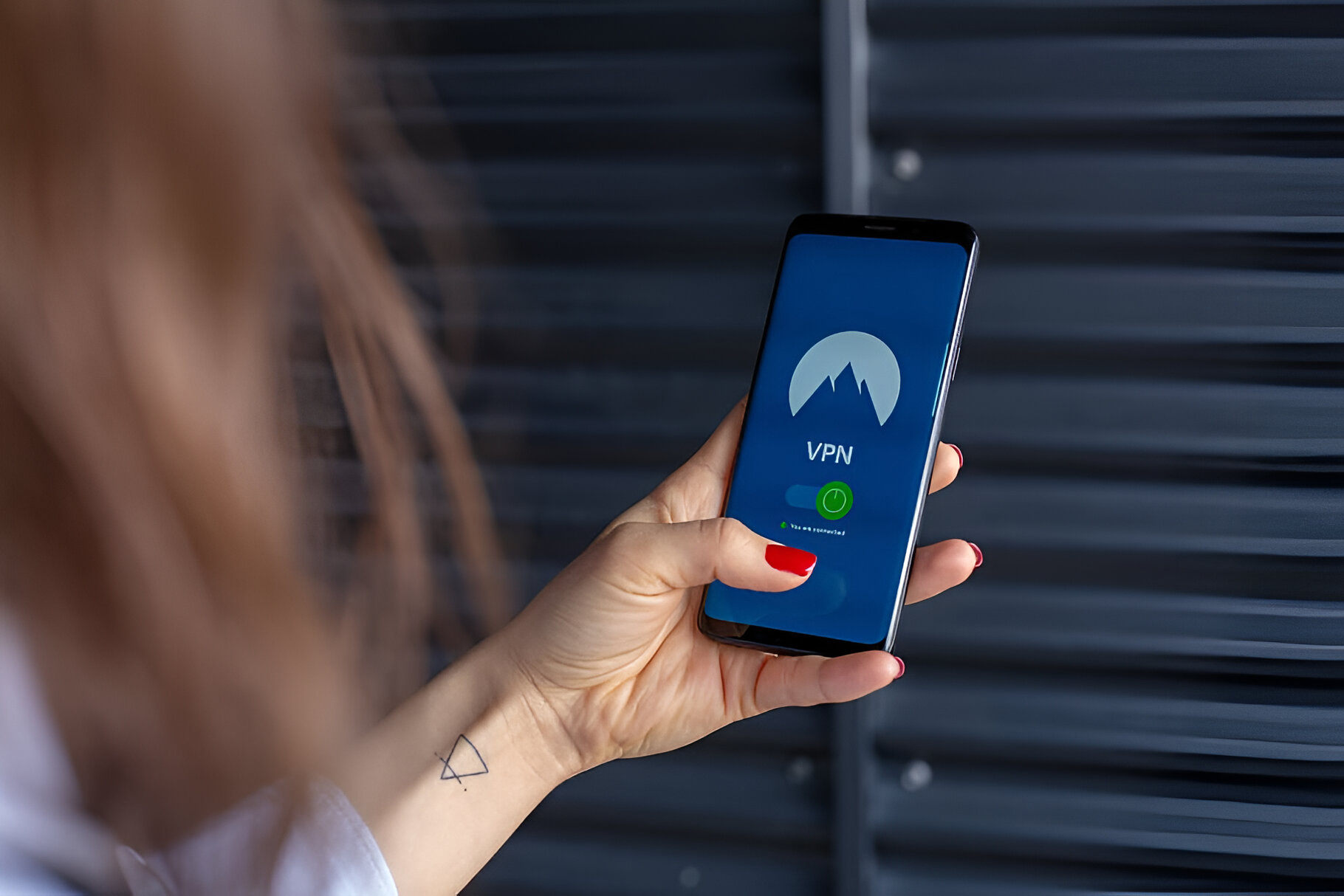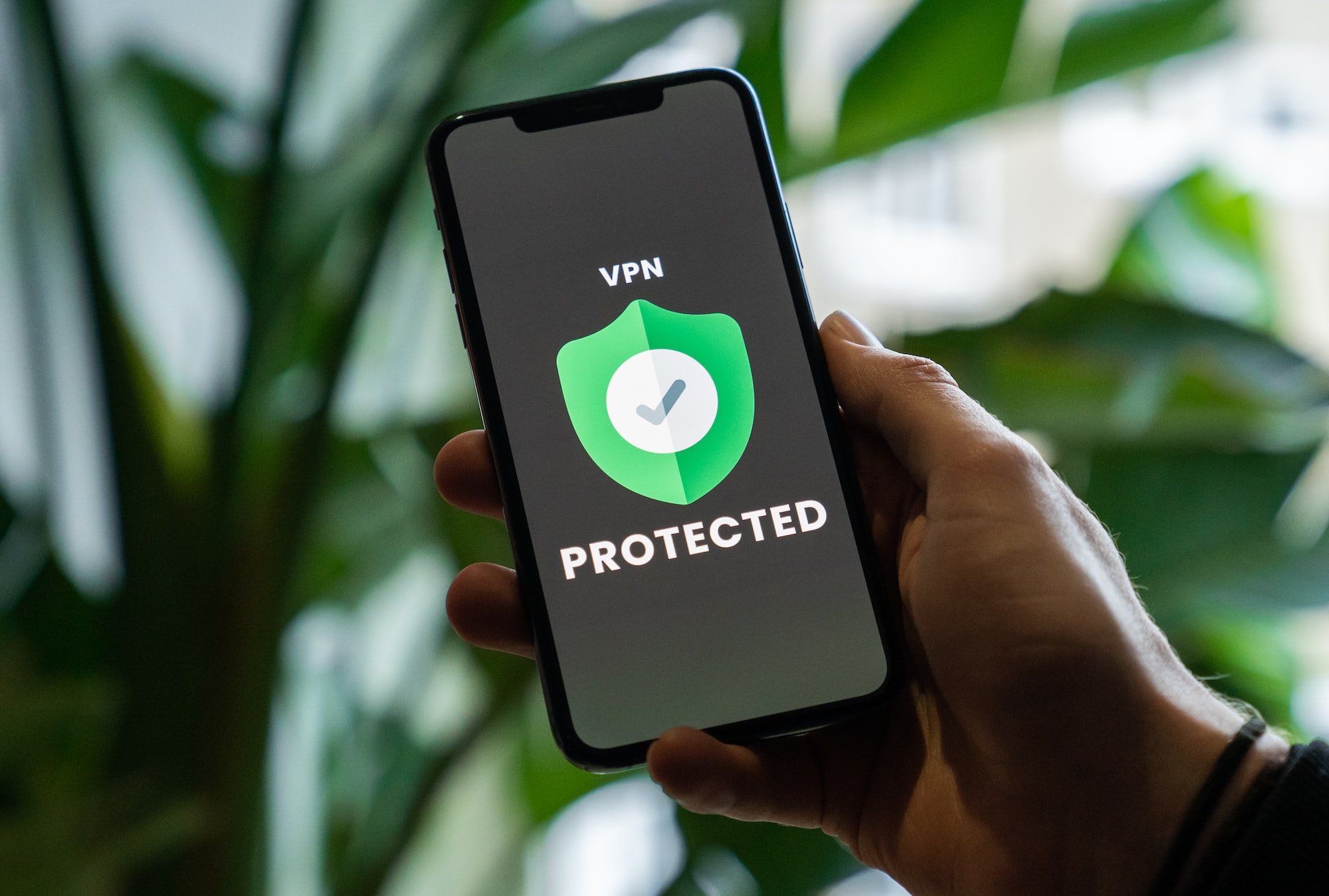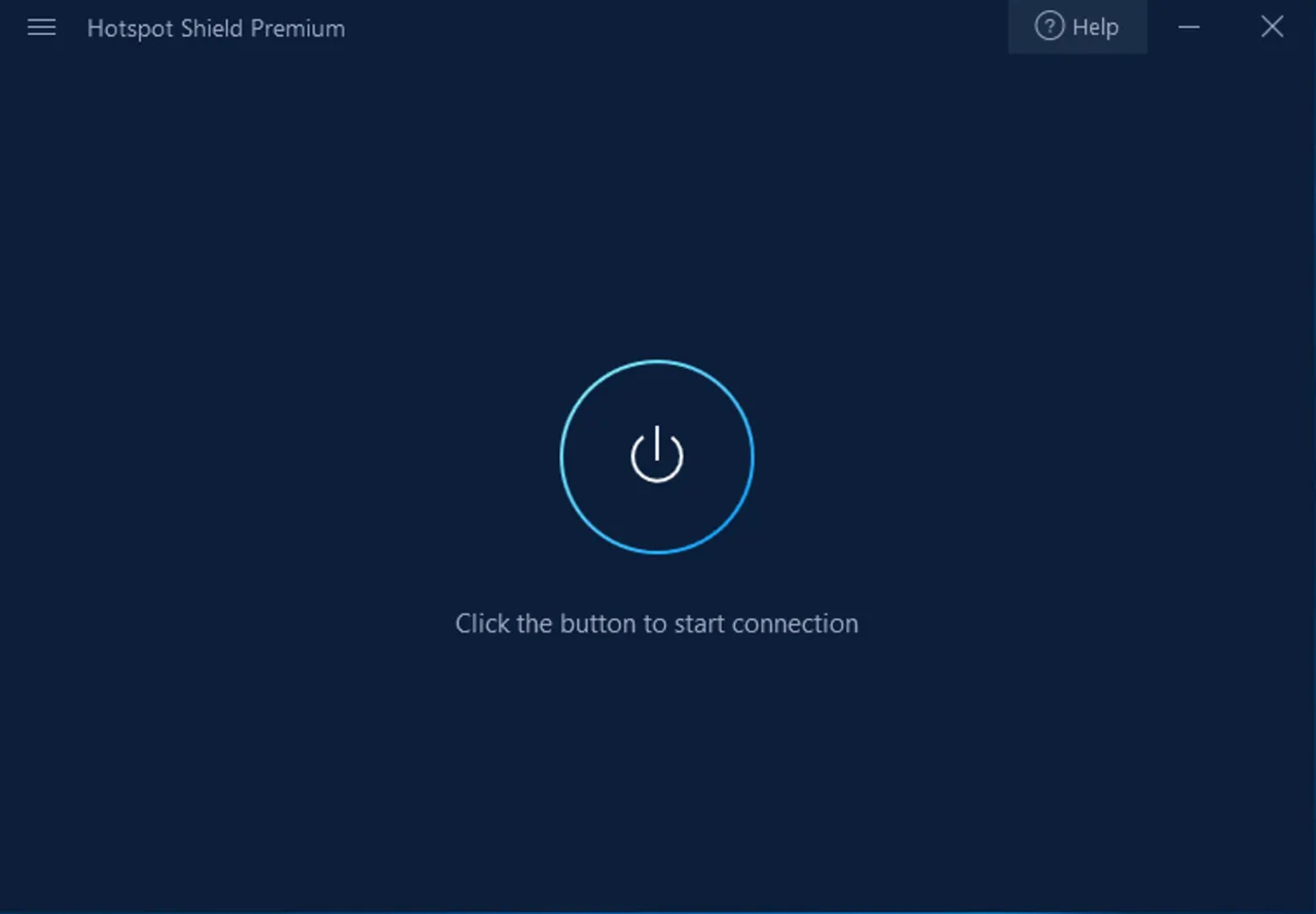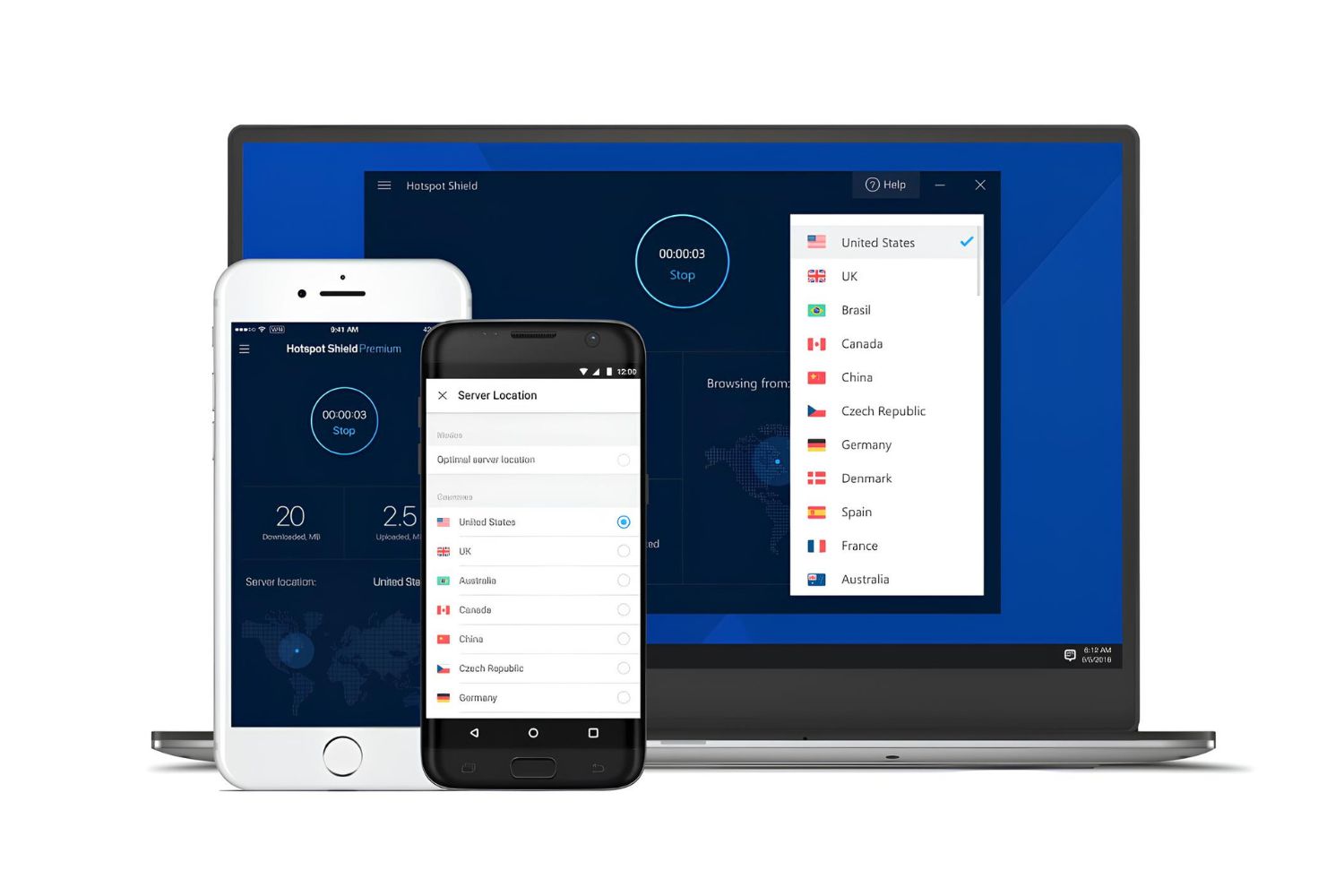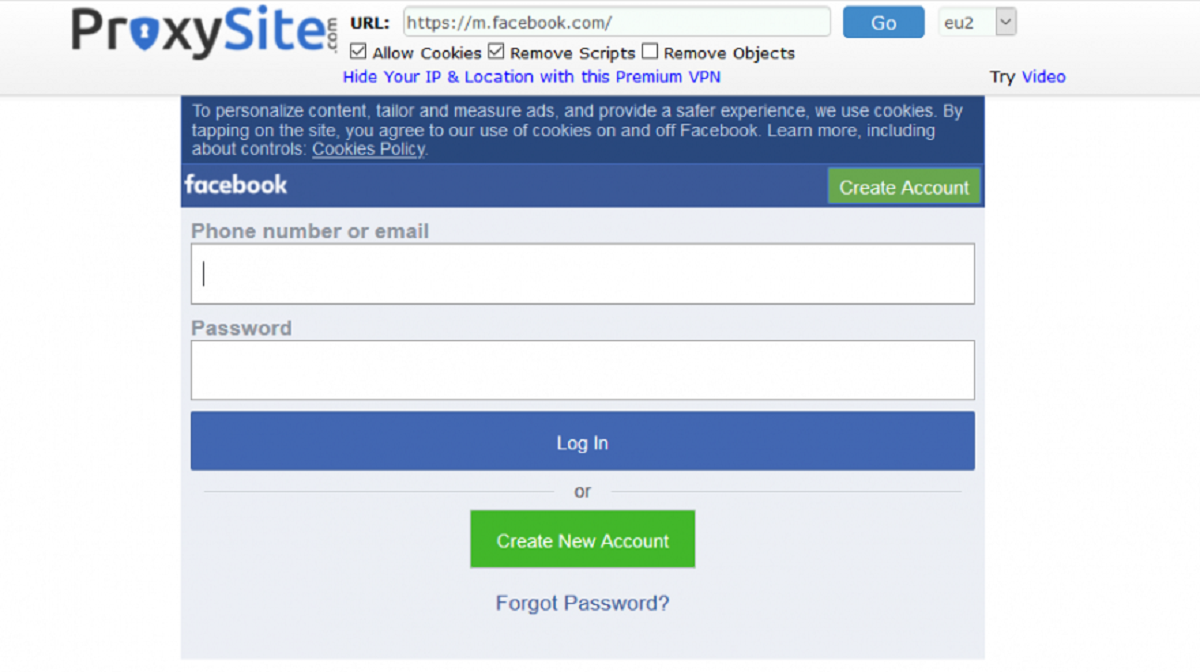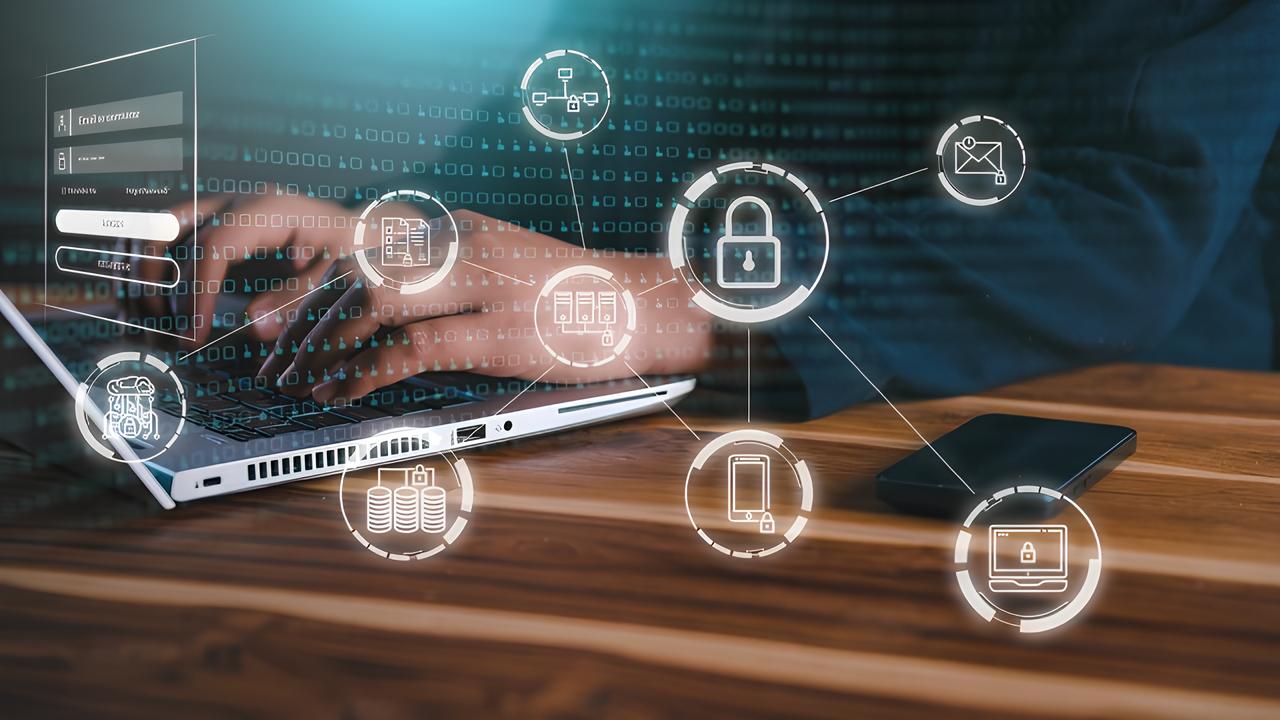What is a VPN?
A VPN, or Virtual Private Network, is a powerful tool that provides a secure and private connection between a user and the internet. It essentially creates a secure tunnel for data to travel through, encrypting the information and ensuring that it remains protected from prying eyes.
When you connect to the internet through a VPN, your device establishes a secure connection to a remote server run by the VPN service. This server then acts as an intermediary between your device and the websites or services you access. As a result, your internet traffic is encrypted and routed through this secure server, safeguarding your data from potential eavesdroppers.
One of the primary functions of a VPN is to enhance privacy and security. By encrypting your internet traffic, a VPN shields your online activities from being intercepted by cybercriminals, government agencies, or even your internet service provider. This is especially crucial when using public Wi-Fi networks, which are notorious for their lack of security.
Moreover, a VPN allows users to mask their IP address, effectively concealing their physical location and making it appear as though they are accessing the internet from a different region. This feature is particularly valuable for bypassing geo-restrictions and accessing content that may be blocked in certain locations.
In addition to privacy and security benefits, a VPN can also improve internet speed and reduce bandwidth throttling. This is achieved by circumventing geographic restrictions and accessing content from servers located closer to your physical location.
Overall, a VPN serves as a versatile tool for safeguarding online privacy, enhancing security, and accessing geo-blocked content. Whether you are concerned about protecting sensitive data, evading censorship, or simply enhancing your online privacy, a VPN offers a comprehensive solution for a wide range of internet-related concerns.
Benefits of Using a VPN
Using a VPN offers a myriad of advantages that cater to various aspects of online activities. These benefits extend beyond privacy and security, encompassing improved accessibility and performance. Here are some compelling reasons why utilizing a VPN can significantly enhance your online experience:
-
Enhanced Privacy: By encrypting your internet traffic and masking your IP address, a VPN shields your online activities from prying eyes. This is particularly crucial when accessing the internet through public Wi-Fi networks, where the risk of data interception is high. With a VPN, you can browse the web, communicate, and conduct transactions with the assurance that your sensitive information remains safeguarded.
-
Heightened Security: A VPN provides a secure tunnel for data transmission, effectively fortifying your connection against potential cyber threats. Whether you are accessing sensitive business information or simply browsing the web, the encryption and secure tunneling offered by a VPN significantly reduce the risk of unauthorized access and data breaches.
-
Bypassing Geo-Restrictions: Many online services and content are subject to geographical restrictions, limiting access based on the user's location. With a VPN, you can circumvent these restrictions by connecting to servers in different regions, effectively masking your physical location and accessing content that may be blocked in your current location. This feature is particularly valuable for streaming services, accessing region-specific websites, and bypassing censorship.
-
Protection Against Bandwidth Throttling: Internet service providers (ISPs) often engage in bandwidth throttling, intentionally slowing down internet speeds for certain activities or services. By using a VPN, you can mitigate the impact of bandwidth throttling, as the encrypted connection prevents ISPs from monitoring and controlling your online activities, resulting in improved internet speed and performance.
-
Secure Remote Access: For businesses and remote workers, a VPN offers a secure means of accessing company resources and sensitive data from remote locations. This is especially valuable for ensuring the security of corporate networks and confidential information, allowing employees to connect to company servers and resources with the assurance of a secure and encrypted connection.
-
Protection on Public Wi-Fi Networks: Public Wi-Fi networks are notoriously insecure, making users vulnerable to various cyber threats, including man-in-the-middle attacks and data interception. By using a VPN on public Wi-Fi, you can create a secure and private connection, mitigating the risks associated with accessing the internet in public spaces.
In summary, the benefits of using a VPN extend far beyond privacy and security, encompassing improved accessibility, performance, and the ability to bypass geographical restrictions. Whether you are concerned about safeguarding sensitive data, accessing geo-blocked content, or enhancing your online privacy, a VPN offers a comprehensive solution that addresses a wide range of internet-related concerns.
How to Set Up a VPN
Setting up a VPN is a straightforward process that can be accomplished with relative ease, regardless of your technical expertise. Whether you are using a computer, smartphone, or tablet, the steps for configuring a VPN are generally consistent across different devices and operating systems. Here's a comprehensive guide on how to set up a VPN:
1. Choose a Reputable VPN Service Provider
Before diving into the setup process, it's essential to select a reliable VPN service provider that aligns with your specific requirements. Consider factors such as server locations, encryption protocols, device compatibility, and user reviews when evaluating different VPN options. Opt for a provider that offers a user-friendly interface and robust security features to ensure a seamless and secure VPN experience.
2. Download and Install the VPN Application
Once you've chosen a VPN service provider, navigate to their website or the respective app store for your device and download the VPN application. Most reputable VPN providers offer dedicated applications for various operating systems, including Windows, macOS, iOS, Android, and more. After downloading the application, follow the on-screen instructions to install it on your device.
3. Launch the VPN Application and Log In
After installing the VPN application, launch it and log in using the credentials provided by your VPN service provider. This typically involves entering your username and password, which are generated during the account creation process. Some VPN providers may also offer multi-factor authentication for an added layer of security.
4. Configure VPN Settings
Once logged in, you'll have the option to customize various VPN settings based on your preferences. This may include selecting a preferred server location, choosing encryption protocols, enabling features like kill switch and split tunneling, and configuring auto-connect options. These settings allow you to tailor the VPN experience to meet your specific needs, whether it's prioritizing privacy, bypassing geo-restrictions, or optimizing performance.
5. Connect to a VPN Server
With the VPN application configured to your preferences, you can now connect to a VPN server of your choice. Most VPN applications offer a list of server locations, allowing you to select servers based on factors such as proximity, speed, and geographical accessibility. Upon selecting a server, initiate the connection to establish a secure and encrypted VPN tunnel between your device and the chosen server.
6. Verify the VPN Connection
Once connected to the VPN server, it's crucial to verify that the VPN connection is active and functioning as intended. This can be done by checking your device's network settings or using online tools to confirm that your IP address reflects the location of the VPN server. Additionally, ensure that all internet traffic is routed through the VPN tunnel to maintain privacy and security.
By following these steps, you can effectively set up a VPN on your device and leverage its privacy, security, and accessibility benefits to enhance your online experience. Whether you're safeguarding sensitive data, accessing geo-blocked content, or simply prioritizing online privacy, a VPN serves as a versatile tool for addressing a wide range of internet-related concerns.
What is a Hotspot?
A hotspot refers to a physical location where individuals can access the internet, typically via wireless connectivity. This access point is often established using a wireless local area network (WLAN) router or a mobile hotspot device, enabling users to connect their devices, such as smartphones, laptops, and tablets, to the internet without the need for physical cables.
Hotspots are commonly found in public spaces such as cafes, airports, libraries, and hotels, providing convenient internet access for patrons and visitors. Additionally, many individuals utilize mobile hotspot devices to create personal hotspots, allowing them to share their mobile data connection with other devices, effectively transforming their smartphones into portable Wi-Fi routers.
The proliferation of hotspots has significantly contributed to the widespread availability of internet connectivity, fostering greater accessibility and convenience for users seeking to stay connected while on the go. Whether for work, leisure, or communication, hotspots play a pivotal role in facilitating seamless internet access in diverse environments.
It's important to note that while hotspots offer convenient internet connectivity, they also pose certain security risks, particularly when used in public settings. The open nature of public hotspots makes them susceptible to potential security threats, as data transmitted over these networks can be intercepted by malicious actors seeking to exploit vulnerabilities and compromise user privacy.
In summary, hotspots serve as invaluable access points that enable users to connect to the internet wirelessly, fostering greater accessibility and convenience in various environments. However, it's essential for users to exercise caution and implement security measures when utilizing public hotspots to mitigate the inherent risks associated with open network connectivity.
Risks of Using Public Hotspots
Public hotspots, while providing convenient internet access in various locations, present significant security risks that users must be aware of and actively address. These risks stem from the open and unsecured nature of public Wi-Fi networks, making them prime targets for cyber threats and unauthorized access. Understanding the potential hazards associated with public hotspots is crucial for implementing effective protective measures and safeguarding sensitive data.
-
Data Interception: Public hotspots are susceptible to data interception, as the transmitted information is often unencrypted, exposing it to potential eavesdropping by malicious actors. This means that sensitive data, including login credentials, financial information, and personal communications, can be intercepted and exploited if transmitted over an unsecured public Wi-Fi network.
-
Man-in-the-Middle Attacks: Cybercriminals can exploit public hotspots to conduct man-in-the-middle (MitM) attacks, wherein they intercept communication between a user's device and the intended destination. This allows attackers to eavesdrop on the exchanged data, modify the communication, or even inject malicious content, posing a significant threat to user privacy and security.
-
Malware Distribution: Public hotspots serve as potential vectors for malware distribution, as attackers can inject malicious software into the network and subsequently infect connected devices. Unsuspecting users may inadvertently download malware or fall victim to phishing attacks, leading to compromised devices and unauthorized access to sensitive information.
-
Spoofed Hotspots: Malicious actors may create rogue hotspots with names similar to legitimate public hotspots, enticing users to connect to these fraudulent networks. Once connected, users become vulnerable to various cyber threats, as the attackers gain unauthorized access to their internet traffic and potentially sensitive data.
-
Unencrypted Connections: Many public hotspots do not encrypt the data transmitted between the user's device and the access point, leaving the information vulnerable to interception and exploitation. This lack of encryption significantly heightens the risk of unauthorized access and compromises user privacy.
To mitigate these risks and enhance security when using public hotspots, users should prioritize the following measures:
-
Utilize a VPN: Employing a reputable VPN service encrypts internet traffic, effectively shielding it from potential interception and safeguarding user privacy. VPNs create a secure tunnel for data transmission, mitigating the risks associated with public Wi-Fi networks.
-
Enable Two-Factor Authentication: Implementing two-factor authentication adds an extra layer of security when accessing sensitive accounts or services over public hotspots. This additional authentication step reduces the risk of unauthorized access, bolstering user protection.
-
Update Security Software: Ensuring that devices have up-to-date security software, including antivirus and firewall protection, helps mitigate the risk of malware infections and unauthorized access when using public hotspots.
-
Exercise Caution: Avoid accessing sensitive information, such as online banking or confidential documents, when connected to public hotspots. Exercise discretion when utilizing these networks and prioritize secure, encrypted connections when transmitting sensitive data.
By understanding the risks associated with public hotspots and implementing proactive security measures, users can navigate these networks with greater confidence and mitigate the potential threats posed by open and unsecured Wi-Fi access points.
How to Secure Your Hotspot Connection
Securing your hotspot connection is paramount to safeguarding your data and privacy when accessing the internet in public spaces. By implementing proactive measures, you can mitigate the inherent security risks associated with public hotspots and ensure a safer online experience. Here's a comprehensive guide on how to secure your hotspot connection effectively:
-
Utilize a Virtual Private Network (VPN): Employing a reputable VPN service encrypts your internet traffic, creating a secure tunnel that shields your data from potential interception on public Wi-Fi networks. A VPN effectively safeguards your online activities and sensitive information, mitigating the risks posed by unsecured hotspots.
-
Enable Firewall Protection: Activate the firewall on your device to monitor and control incoming and outgoing network traffic. This serves as an additional layer of defense, helping to block unauthorized access and potential threats when connected to public hotspots.
-
Update Device Software and Applications: Ensure that your device's operating system, security software, and applications are kept up to date with the latest patches and security updates. Regular updates help address known vulnerabilities and strengthen the overall security posture of your device when accessing public hotspots.
-
Implement Two-Factor Authentication: Enable two-factor authentication for your online accounts and services to add an extra layer of security. This additional verification step reduces the risk of unauthorized access, bolstering the protection of your sensitive information when connected to public Wi-Fi networks.
-
Exercise Caution When Sharing Personal Information: Avoid transmitting sensitive personal information, such as financial details or confidential documents, when connected to public hotspots. Exercise discretion and prioritize secure, encrypted connections for any sensitive data transmission over public Wi-Fi networks.
-
Use HTTPS and Secure Websites: When browsing the web or accessing online services, ensure that you are using secure, HTTPS-enabled websites. This encryption protocol helps protect the integrity and confidentiality of your data, reducing the risk of unauthorized interception on public hotspots.
By following these proactive measures, you can effectively secure your hotspot connection and mitigate the potential security risks associated with public Wi-Fi networks. Prioritizing security and privacy when accessing the internet in public spaces is essential for safeguarding your sensitive data and maintaining a safer online experience.
VPN vs Hotspot: Which is More Secure?
When comparing the security of a VPN and a hotspot, it's essential to understand the distinct functions and security implications of each. A VPN (Virtual Private Network) and a hotspot serve different purposes in providing secure internet connectivity, and their levels of security are influenced by various factors.
A VPN creates a secure and encrypted connection between the user's device and a remote server, effectively shielding data from potential interception and unauthorized access. By routing internet traffic through a secure tunnel, a VPN mitigates the risks associated with unsecured networks, such as public Wi-Fi hotspots. The encryption provided by a VPN significantly enhances privacy and security, making it a robust solution for safeguarding sensitive information and mitigating cyber threats.
On the other hand, a hotspot refers to a wireless access point that enables users to connect their devices to the internet, typically in public locations or through personal mobile hotspot devices. While hotspots provide convenient internet access, they pose inherent security risks due to their open and unsecured nature. Data transmitted over public hotspots is susceptible to interception and exploitation by malicious actors, potentially compromising user privacy and sensitive information.
In terms of security, a VPN offers a higher level of protection compared to a hotspot. The encryption and secure tunneling provided by a VPN create a fortified barrier against potential cyber threats, effectively shielding user data from interception and unauthorized access. By encrypting internet traffic and masking the user's IP address, a VPN significantly enhances privacy and security, making it a preferred choice for users seeking to safeguard their online activities.
While hotspots are convenient for accessing the internet in public spaces, they lack the robust security features offered by a VPN. The open and unsecured nature of public hotspots makes them susceptible to data interception, man-in-the-middle attacks, and other security threats. Without adequate protection, users accessing public hotspots are at a higher risk of unauthorized access and potential data breaches.
In summary, when considering security, a VPN emerges as the more secure option compared to a hotspot. The encryption, secure tunneling, and privacy-enhancing features offered by a VPN make it a robust solution for mitigating the security risks associated with unsecured networks. While hotspots provide convenient internet access, users should prioritize the use of a VPN to ensure a higher level of security and privacy when accessing the internet, particularly in public environments.







